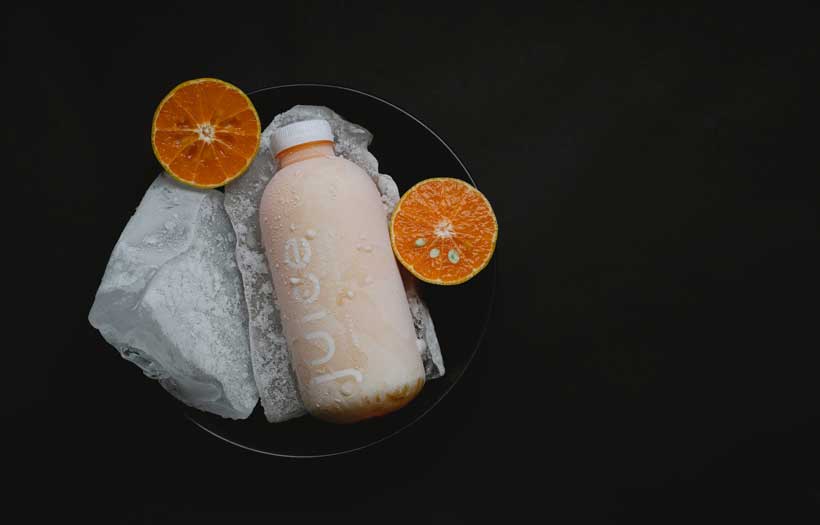Balancing the Risks – May Contain vs. Vegan Claims
Balancing the Risks – May Contain vs. Vegan Claims
With vegans varying in lifestyle strictness, and there being no legal definition of what constitutes “vegan” in EU or UK food labelling regulations, food businesses eager to expand into this market need to balance their vegan claims with commercial viability and consumer safety. In this blog, we take a deeper look at allergens and vegan claims and what brands should consider before tapping into this market.

Naming products or ingredients can be a minefield for those unused to the food labelling legislation surrounding vegan claims.
Oreos are technically vegan because they don’t contain any animal derived ingredients, but they won’t claim it on the packaging because of the ‘may contain milk’ allergen labelling caution. Some companies will promote their vegan credentials, such as the vegan Bounty and vegan Galaxy Chocolate, even though they still include the ‘may contain’ allergy caution.
Many organisations also have their own definition of vegan and procedures for ensuring compliance too, with some conducting thorough audits regularly to make sure the process continues to meet their policy. Consumers need to be aware of the differing definitions and what they might mean to their lifestyle.
Did you know?
The 2018 European Vegetarian Union, supported by FoodDrinkEurope, states that ‘the (potential) presence of inadvertent traces of non-vegan or non-vegetarian sources should not be an obstacle to labelling a product as vegan or vegetarian’.
The Vegan Society’s Vegan Trademark can also be applied to foods carrying a ‘may contain’ statement as part of their allergen labelling, providing that there is robust evidence to show the risk of cross contamination with allergenic ingredients of animal origin has been effectively managed. This is because the risk to life that the presence of allergens can cause is much higher than that of a vegan product not truly being vegan (though the risk to your brand’s reputation is equally as high).
Considerations Before Claiming Vegan
- Are you truly vegan? | If you’re promoting a product with vegan claims, you need to be evidencing your credentials through certification badges and logos, such as The Vegan Society
- Consumer Expectations | Are your consumers going to be strict vegans, who could consider not only the ingredients of a product, but possibly the packaging and manufacturing process? It’s essential you balance the expectations of your consumers with the commercial viability of introducing vegan products
- Have a Clear Policy | A clear policy from the outset on exactly where you want to be in the marketplace is a good starting point. For example, are you bringing out a meat-free product to entice those who want to reduce the amount of meat they consume? Or are you a vegan brand and if so, can you appeal to even the most cautious of consumers?
Wherever you plan to sit on that scale (and with the market growing so quickly, most manufacturers would be wise to at least consider the notion), seeking expert guidance is crucial to ensure the terminology used, claims made, and labels produced comply with all food labelling regulations in the UK or wherever you intend to sell your product, so your brand is protected for the future.
Until next time…
- https://www.vegansociety.com/news/media/statistics
- https://agritradenews.co.uk/news/2021/06/13/post-covid-consumers-more-concerned-over-food-provenance/
Similar Blogs:
Next reads
What’s Next for Food & Drink? Our Experts’ Predictions for 2026
The Peanut Diaries: School and Social Occasions
The Peanut Diaries: Navigating Social Events and Celebrations with Food Allergies
The Peanut Diaries: A Parent’s Journey to Uncovering their Child’s Allergy
Keep up to date with our latest insights
Subscribe to our mailing list to stay in touch with the latest news, insights and updates from Ashbury





